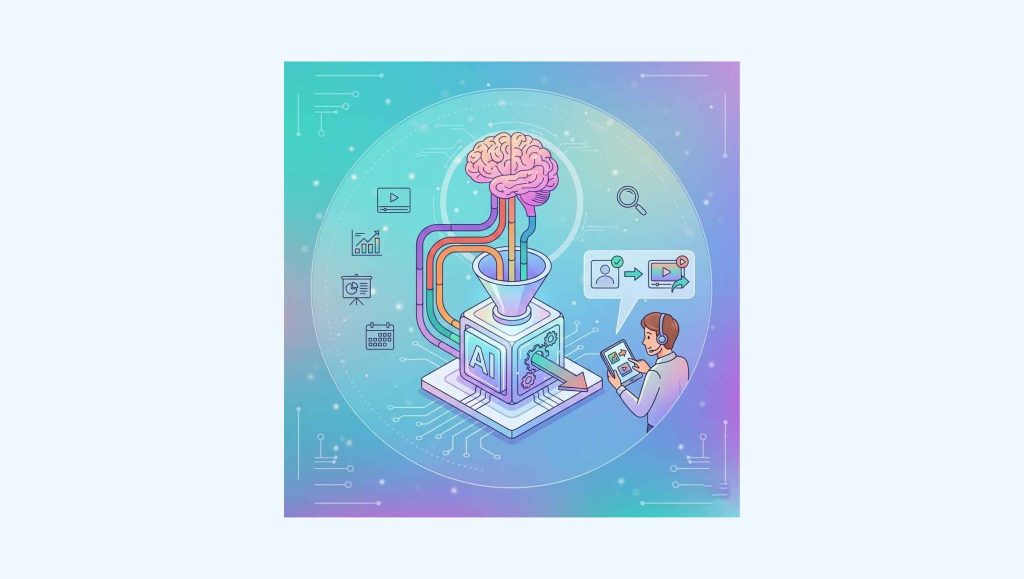Study finds decisioning tools can play a pivotal role in improving customer experience in a post-COVID world
Real-time decisioning technology can play a critical role keeping customers happy, reducing churn, and improving the customer experience in the face of ever-increasing expectations, according to new research by Pegasystems Inc. (NASDAQ: PEGA), the software company that crushes business complexity. The global study, conducted by research firm Savanta, surveyed over 3,500 decision-makers in 11 countries and across six industries on their approach to customer experience and real-time decisioning.
Read More: Influitive Earns Two 2021 Top Rated Awards From TrustRadius
Although the study found real-time decisioning tools are now more important than ever, it also highlighted that some barriers still exist to both widespread adoption and maximizing the technology’s potential. Key findings include:
- Real-time decisioning can help make business priorities a reality: Sixty-eight percent of respondents said that keeping up with increasing customer expectations was their top priority – a challenge given that 46% of organizations reported a high rate of customers don’t engage with communications, and 43% see a high rate of customer churn. In addition, 49% of businesses admitted to high numbers of customers raising complaints and issues. However, those already using real-time solutions reported happier customers (63%), reduced churn (61%) and even an increase in the acquisition of new customers (55%).
- 1:1 engagement and real-time solutions are both becoming more important: Eighty-two percent of all respondents familiar with real-time decisioning agreed that COVID-19 has made the use of real-time decisioning technology more important. Meanwhile, 77% of businesses agreed that to be successful, they must engage customers individually based on their behavior and preferences (up slightly from 75% when a 2019 Pega study asked the same question). Sixty-three percent agreed that mass marketing to customers is a thing of the past (compared to 60% in 2019), suggesting a sustained move towards engaging with customers individually.
- People, not technology, are the biggest barriers to adoption: When asked what the challenges were to their company implementing real-time decisioning, 78% of those not currently using real-time tools cited issues with people. This included 31% who cited a lack of employees adopting the necessary technologies and process, 30% who pointed to a lack of people with the necessary skill sets, and 29% who felt a lack of support or sponsorship from senior business leaders. Meanwhile, 58% of those not currently using real-time decisioning cited technology or operations issues as a challenge to adoption, with 29% pointing to a lack of data or analytical capabilities. Twenty-six percent cited regulatory and/or compliance constraints and 23% blamed poor or outdated technology as an obstacle.
- Many businesses are not making the most of real-time decisioning tools: Of companies currently using real-time technology, only 38% were re-scoring and re-decisioning on a real-time, continuous basis. This means that although they were seeing some benefit from decisioning, they were not fully maximizing its potential. By using the technology in real-time and not hourly, daily or weekly, organizations could start to see far more tangible benefits.
Quotes & Commentary:
“The world’s getting smaller and more digital every day, and organizations have to work hard to provide a customer experience that stands out in an increasingly crowded marketplace,” said Rob Walker, general manager, 1:1 customer engagement, Pegasystems. “Moments of opportunity can open and close in a second or less, and real-time decisioning tools can help grasp them by taking into account a customer’s immediate context and using it to significantly increase relevance where it’s needed most. The time to tear down implementation barriers and embrace real-time decisioning is now. Companies will be rewarded by staying one step ahead of the competition and providing a hyper-personalized experience that will delight customers by being relevant.”





















